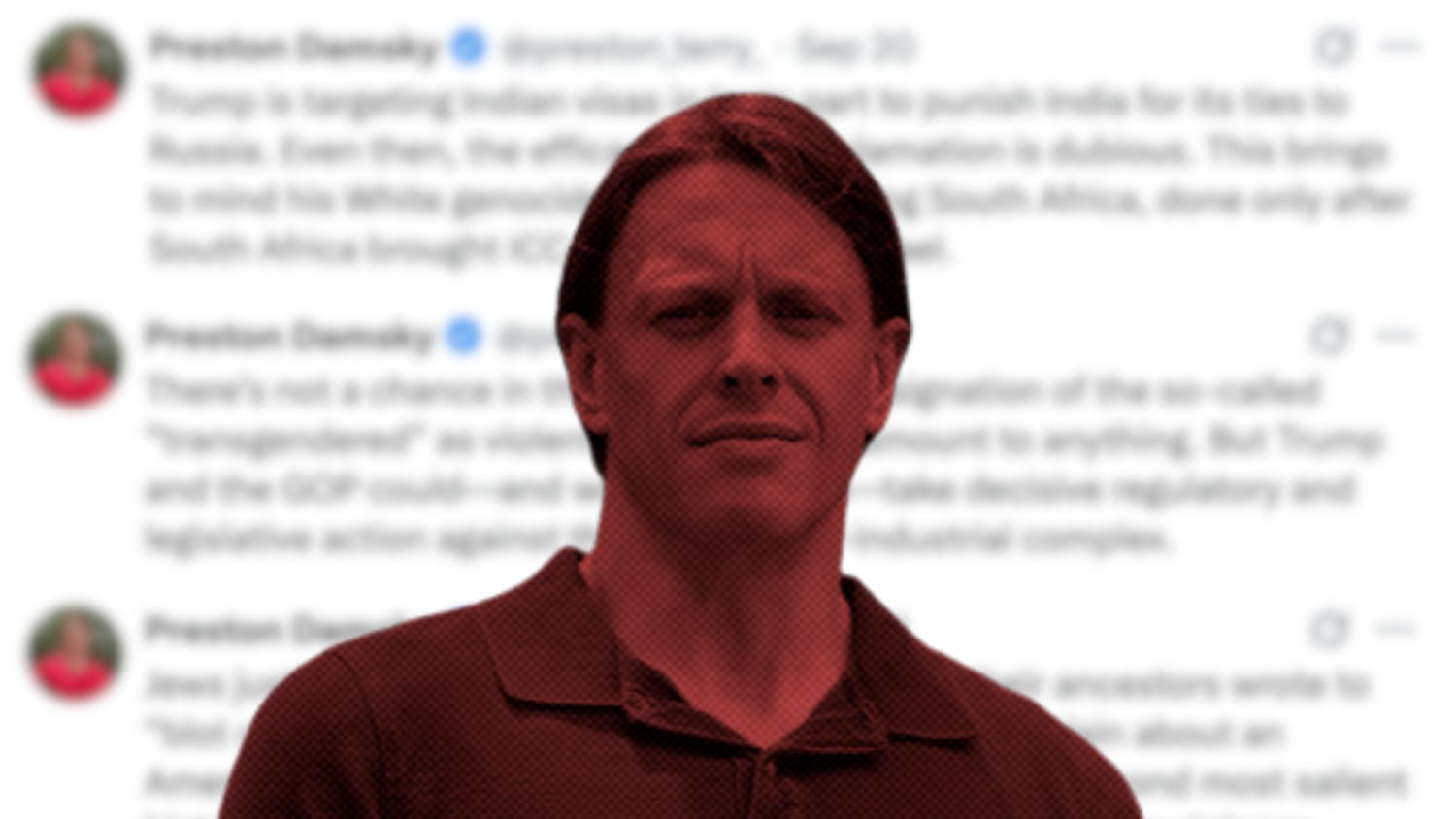The first thing Nataliya Dmytrochenko does when she wakes up every morning is pick up her iPad to read the news about Ukraine.
“I check it to make sure the country’s not fully invaded,” she said, adding she’s worried about what could happen to her brother, mother and grandmother who all live in various parts of Ukraine.
For the past three months, Ukrainians have protested the government’s decision to not become associated with the European Union, which would allow for open trade. Protests turned into riots.
The area wasn’t always like this, said 31-year-old Dmytrochenko, who moved from Ukraine to the U.S. more than four years ago to earn her Ph.D. at UF in international communication and immigration. She said that when she left Ukraine, it was mostly democratic without serious problems.
Recently, President Vladimir Putin declared the new Ukrainian government illegitimate to justify his involvement in the region. Unmarked troops have occupied Crimea, the southern part of Ukraine next to Russia, according to news reports. These troops are rumored to be Russian because Crimea, bordered by the Black Sea where Russian navy fleets are stationed, has valuable sea access. Russia denies the troops are its own.
UF political science professor George Esenwein said Russia is trying to establish its power.
“There are some technical rights that Russia is using where they can bring in an X number of troops, which clearly they are abusing,” he said.
The U.S. has tried to diffuse the situation by threatening tough economic sanctions and sending diplomats to resolve the problem.
But Paul D’Anieri, dean of UF’s College of Liberal Arts and Sciences and a professor specializing in the region, said “there’s just not enough between the U.S. and Russia to make anything happen.”
As for Dmytrochenko, she said she doesn’t know what the future holds for Ukraine if Crimea becomes part of Russia.
“I’ve spoken to my family there, and they all want to live in Ukraine,” she said. “They don’t understand why Putin is coming to save them.”
[A version of this story ran on page 9 on 3/12/2014 under the headline "Ukraine conflict hits home for UF student"]





